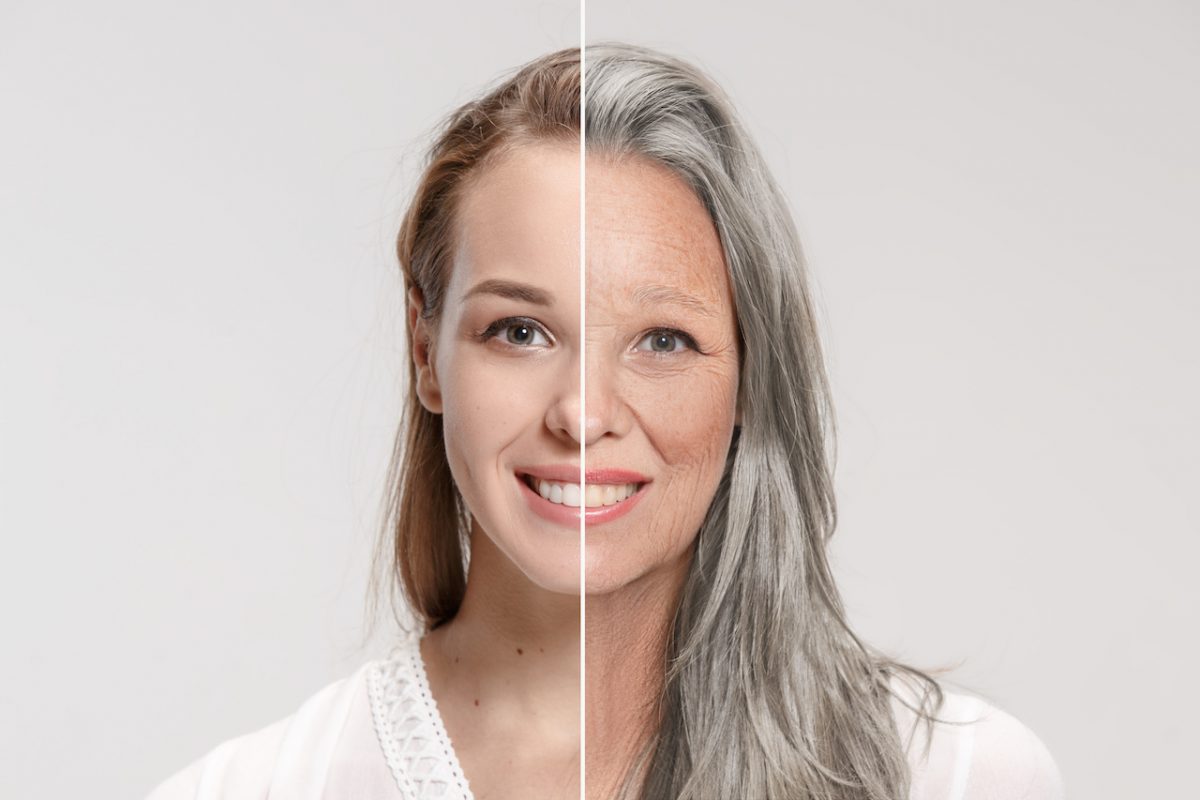
The #faceapp challenge has gone viral. I should know, I downloaded and gave it access to my camera and photos before even considering the potential repercussions. Like everyone else, I too wanted to see what I would look like as an old man and got caught up in the hype.
If you follow our blog, you are probably aware of the different ways you can manage the Digital You. One of these methods includes being privy to the way companies use your information. With that said, you can imagine the disappointment I had in myself after realizing what I had consented to in using FaceApp. In all the excitement of peering into my physical future, I forgot the most important lesson one can know in today’s digital landscape – if it’s free, then it’s not really free.
The Danger of “Free”
Many times companies who give products out for “free” still monetize their product in some form or fashion. The commonplace method today is to sell data collected from the product’s users.
With regulations such as GDPR now coming into the fold, the way companies handle this data is finally starting to become more transparent. However, we are still far from a world where companies are entirely open with how they use consumer data. Many companies hide this information in unspecific language within their terms and conditions. It usually isn’t until after the app has collected an ample amount of user data that their practices come to light, as is the case with FaceApp.
Face App Privacy Issue
Not 2 hours after I anxiously awaited for the A.I in FaceApp to turn me into a less good looking, modern day Al Pacino, a privacy warning was issued about the app. As it turns out, the app can use the photos uploaded for anything they want. While “anything” may sound like a broad statement, FaceApp’s terms and conditions confirm the wide range of “use” they gain as soon as you upload a photo.
“You grant FaceApp a perpetual, irrevocable, nonexclusive, royalty-free, worldwide, fully-paid, transferable sub-licensable license to use, reproduce, modify, adapt, publish, translate, create derivative works from, distribute, publicly perform and display your User Content and any name, username or likeness provided in connection with your User Content in all media formats and channels now known or later developed, without compensation to you,”
Oops.
While FaceApp has geared its platform to feel like any photo you upload is private, evidently this not the case. If you look further into their privacy policy there is language spelling out that the app will also gather information from users phones which they can then use for ads or other marketing purposes.
In all fairness, terms such as these are frequently used among mobile apps. The main concern arising stems from the news that even though the app has been around since 2017, there is very little known about it. Many are also becoming wary of using the app following the news that it was created by Russian developers.
What It Means For the Digital You
With the FaceApp challenge sweeping the world, users (including me) should come away with a very important lesson… avoid falling into the hype. There are new apps popping up everyday with the sole purpose of offering simple entertainment at the price of personal data. Throw in the endorsements of celebrities and it is easy to get sucked into the trend.
There are other challenges out there worth posting on social media that won’t compromise your likeness – #trashtag comes to mind. In this case, my suggestion is that you wait the x amount of years it takes for you to age. I hear it actually happens faster than anyone would like.
Make sure you are following our blog for all the latest news regarding the Digital You.
Tap Into The Digital You at ScoresMatter.